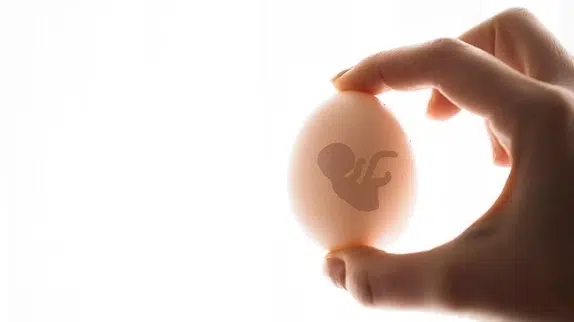Egg Donation in India has become a beacon of hope for many couples struggling with infertility. The process involves a woman donating her eggs to another woman to help her conceive. This practice is increasingly popular due to its high success rates and relatively affordable costs.
Understanding the Egg Donation Process
What is Egg Donation?
Egg donation is a medical procedure where eggs are retrieved from a donor and fertilized with sperm in a laboratory. The resulting embryos are then implanted into the recipient’s uterus. This process is essential for women who cannot produce viable eggs due to various medical conditions.
Who Can Be an Egg Donor?
Egg donors are usually women aged between 21 and 30, with a healthy medical history and no genetic disorders. They undergo a series of screenings to ensure they are suitable candidates. These screenings include physical exams, psychological assessments, and genetic testing.
The Procedure of Egg Donation
The egg donation process involves several steps:
- Screening: Comprehensive health evaluations to determine donor eligibility.
- Stimulation: The donor takes medications to stimulate her ovaries to produce multiple eggs.
- Retrieval: Eggs are collected from the donor’s ovaries using a minor surgical procedure.
- Fertilization: The eggs are fertilized with sperm in a laboratory.
- Transfer: The embryos are transferred to the recipient’s uterus.
Legal and Ethical Considerations
Legal Framework in India
India has stringent laws governing egg donation. The Assisted Reproductive Technology (ART) Regulation Bill outlines the legal requirements and ethical considerations for both donors and recipients. Donors must provide informed consent, and the entire process is strictly monitored to ensure compliance with the law.
Ethical Issues
Egg donation raises several ethical questions. These include concerns about the commodification of human eggs, the rights of donors and recipients, and the welfare of the resulting children. Ethical practices ensure that donors are not exploited and that all parties are treated with respect and fairness.
Benefits of Egg Donation
For Recipients
Egg donation offers numerous benefits for recipients, including:
- Increased Success Rates: Higher chances of conception compared to using their own eggs.
- Genetic Diversity: Ability to choose donors with desirable genetic traits.
- Empowerment: Enables women who are unable to produce viable eggs to experience pregnancy and childbirth.
For Donors
Donors also experience several benefits:
- Financial Compensation: Donors receive financial rewards for their contribution.
- Emotional Satisfaction: The act of helping another person build a family can be deeply fulfilling.
Risks and Challenges
Medical Risks
Like any medical procedure, egg donation carries certain risks, including:
- Ovarian Hyperstimulation Syndrome (OHSS): A condition where the ovaries become swollen and painful.
- Infection: Risk of infection during the egg retrieval process.
- Complications from Anesthesia: Potential adverse reactions to anesthesia used during egg retrieval.
Psychological Impact
Donors may experience emotional and psychological challenges, such as:
- Emotional Attachment: Feelings of attachment to the donated eggs or resulting children.
- Regret: Some donors may regret their decision later on.
Legal and Ethical Risks
Potential legal disputes and ethical dilemmas can arise, particularly concerning anonymity and the future rights of the child born from donated eggs.
Preparing for Egg Donation
For Donors
Potential donors should thoroughly understand the process and be prepared for both the physical and emotional aspects. This includes being aware of the time commitment, potential risks, and the importance of following medical advice.
For Recipients
Recipients should choose a reputable fertility clinic and ensure they are comfortable with the legal and ethical implications. They should also prepare for the emotional journey of using donor eggs to conceive.
Conclusion
Egg donation in India offers hope to many struggling with infertility. With thorough screening, ethical practices, and a supportive legal framework, it is a viable option for building families. Both donors and recipients must be well-informed and prepared for the journey, ensuring a positive and fulfilling experience for all involved.





